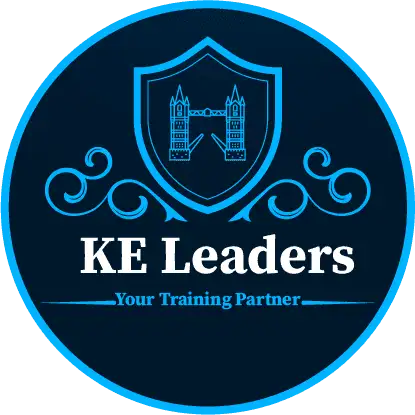Microsoft Power BI for Effective Project Costing and Control
Microsoft Power BI for Effective Project Costing and Control Introduction: Project costing is a critical process involving the estimation, […]
Microsoft Power BI for Effective Project Costing and Control Read Post »




